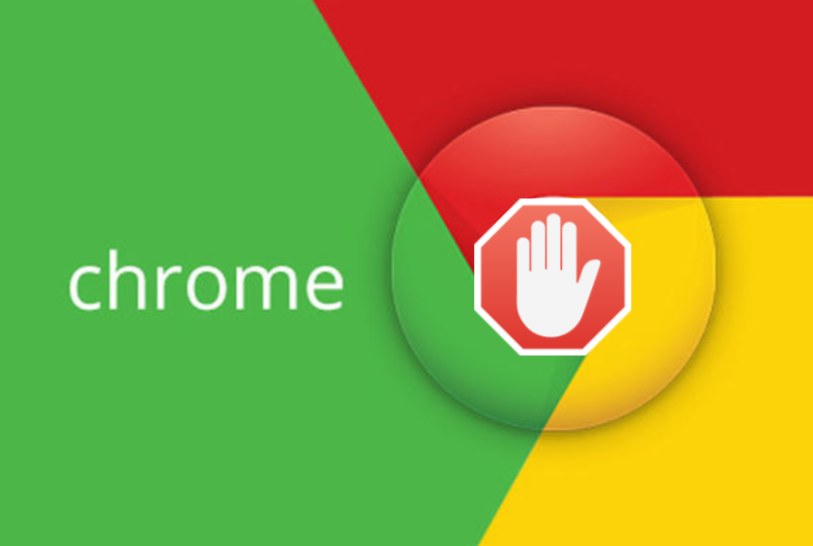
It is important to keep in mind when asking visitors to disable ad blocking for your website that those visitors can just as easily turn it back on. Report this ad Revising Ad Quality, Quantity and Placement If your site content targets less technically skilled visitors it may make sense to include a link to a page where steps are provided for whitelisting your website. It will also be important to decide whether you want the visitor to see the request on every page visited, or only on the initial landing page. If a dialog is used to make the request, visitors should be able to dismiss the dialog and continue accessing the site content (denying access to visitors until ad blocking is disabled is covered in a later chapter). The idea is not to antagonize visitors to your site, but rather to remind them how much they value your content. When making such a request it is important to achieve the right balance. The request can be presented in a variety of ways, such as in the form of a notification bar that appears along the top edge of the page, or as a dialog that appears over the top of the content. The message should be courteous and explain why the request is being made. This approach will be most successful with regular visitors to your site who appreciate the content that you provide and will be more inclined to respond to a polite request to help keep the website funded. The objective here is to persuade visitors to turn off ad blocking. In this chapter we will explore some of the ways to go about implementing such a strategy. A more subtle, and often overlooked strategy for dealing with ad blocking, however, is simply to appeal to the better nature of your website visitors by politely asking them to disable ad blocking. In the chapter entitled Denying Website Access to Ad Blocking Visitors, we will look at ways to prevent visitors to your site accessing page content until ad blocking is turned off. The problem for web publishers is that ad blocking technology does not distinguish between websites that use advertising responsibly and those that do not.

Surveys suggest, however, that many people using ad blockers do not object to advertising appearing on websites as long as those ads do not adversely affect the web browsing experience. The use of ad blocking has increased over the last few years because many people are tired of visiting websites that are overloaded with intrusive ads. Purchase this Ad Blocking Survival Guide book in eBook ($19.99) or Print ($25.99) format. You are currently reading the online edition of this book.


 0 kommentar(er)
0 kommentar(er)
